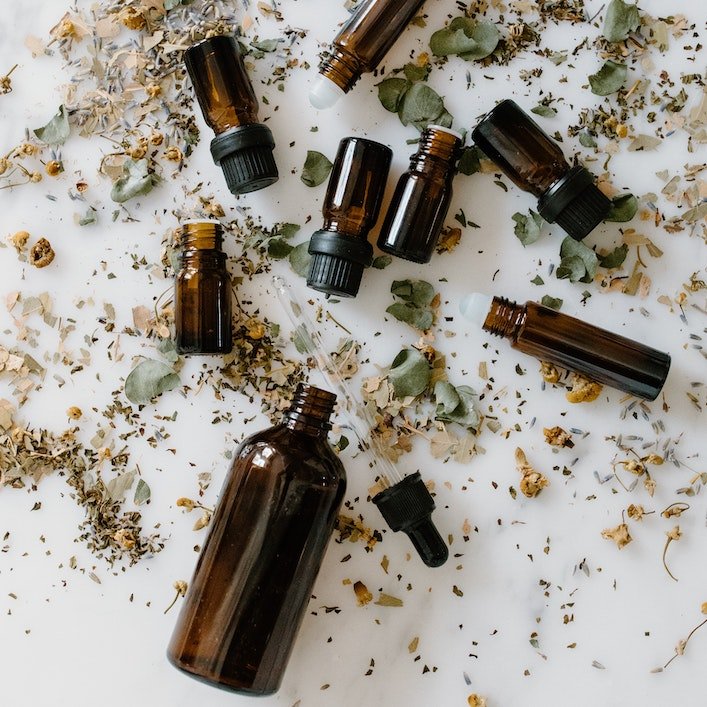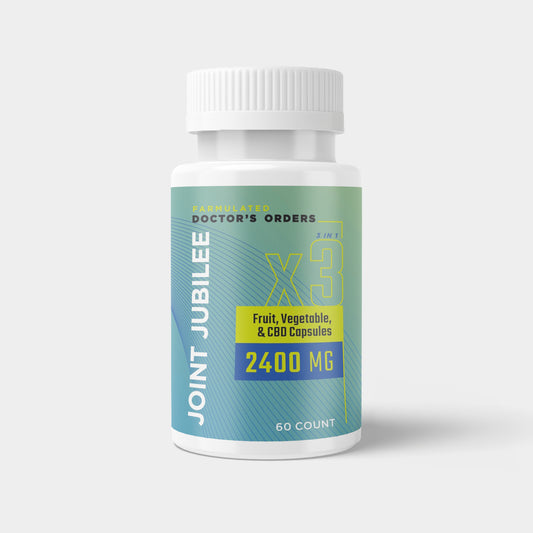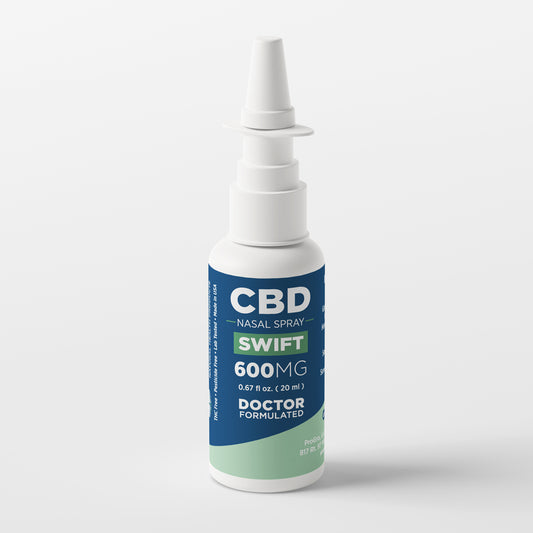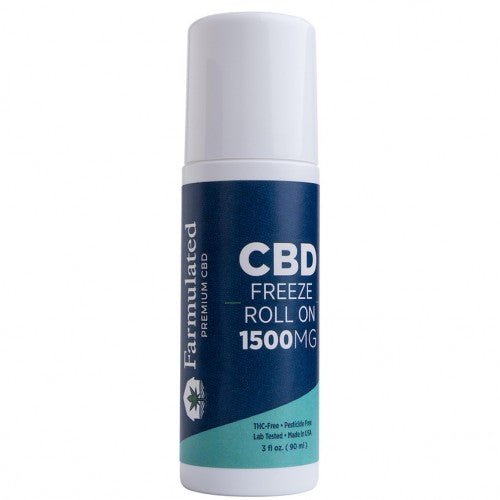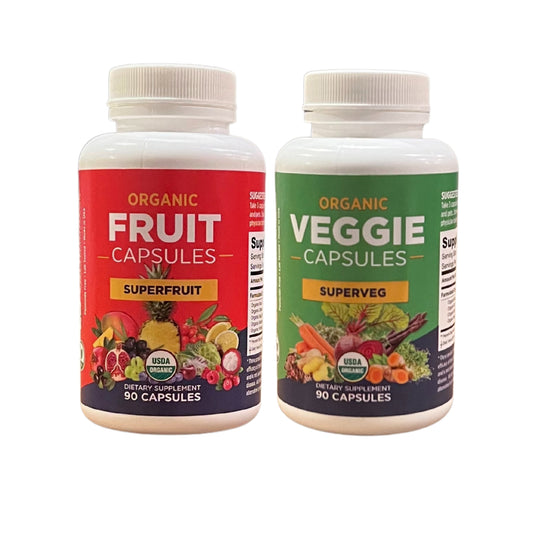We're back with Pharmacist and Natural Wellness Expert Gina Ruffa! Today, we're diving into mental health management.
Farmulated CBD: Statistics show a rapid increase in mental health disorders since the beginning of the COVID-19 pandemic, particularly among young people. The pandemic has been traumatic for so many, but can you pinpoint a cause in Generations Y (Millennials) and Z?
Gina: Young people are just so used to interacting with their peers and there was a lot of isolation. For young people who already had anxiety and depression, the pandemic seemed to worsen their symptoms. It increased paranoia and uncertainty in a lot of people.
Anxiety, in general, is so common among all age groups. Adult women tend to be more affected than adult men. Eighteen percent of the total population suffers from anxiety, compounded by the 7.1 percent of all adults who suffer from major depressive disorder.
Those are certainly overwhelming statistics, but some may still argue we’re living in an overmedicated world, particularly when looking at anxiety medications.
Oh, I get very frustrated with symptom care. Like I say, today’s world is a pill for an ill. If you don’t get to the root cause of your problems, you will likely always struggle to improve your health. And people tend to bury a lot of things in busyness and preoccupation or even just avoidance instead of looking for the cause.
Getting to the root causes here, I think many people assume anxiety and depression are always caused by some level of trauma. What are some of the other less discussed causes of mental health disorders?
There are so many! We’ve previously discussed the huge connection between the gut and brain. Eighty percent of our serotonin production occurs in our gut, which impacts our immune system and our brain. Sleep deprivation is a huge cause. Lack of exercise is as well. I call exercise vitamin E because it’s the best vitamin for nearly every condition. Then there are chemical imbalances in the brain and genetic predispositions.
More commonly discussed, there’s chronic stress, which is just stress beyond a certain threshold. The pandemic is an example of stress over a very long period of time, and coupled with unemployment rates, led many people to reach their thresholds. Any of these factors can contribute.
There really are so many factors to consider prior to treatment. What do you initially recommend for those who wish to go the route of natural supplements?
CBD would be within the first group of recommendations. It’s good for neurological health, particularly neuroinflammation. Just like we have inflammation anywhere else in the body, we also have inflammation in our brains, so anything to minimize that is great.
I also recommend an amino acid called L-theanine, which is not only good for your mental health but also can improve tics and Tourette syndrome. L-theanine increases alpha waves in the brain which has a very calming effect.
For depression, I recommend supplements such as SAMe, which is very common in Europe, fish oil, vitamin D and turmeric. Turmeric can also boost the antidepressant effects of prescription medications.
Any other advice for natural mental health management?
Well, I always tell people, “your mood will follow your food.” Eating good food will naturally make you feel better about yourself. You need plenty of Omega-3s, anti-inflammatory fruits and vegetables, leafy greens high in calcium and magnesium, nuts and seeds, avocados, salmon and of course our fermented foods for your gut bacteria.
And again, exercise is so essential for good mental health. Personally, my best time to exercise is in the morning. It fills me with a sense of calm before a stressful day of work and, in my opinion, is very medicinal.
You’ve mentioned exercise a few times. What would you say to someone who is struggling to adopt a consistent exercise routine or just feels like it’s too difficult to even begin?
I always tell people that feelings lie. You have to put the feelings aside and acknowledge the facts: Exercise helps everything in your body, including something called the brain-derived neurotrophic factor (BDNF). Aerobic exercise increases the BDNF protein, which helps the hippocampal region of your brain function better. You will notice improved mental health with consistent exercise.
Beginning is one thing, but so many people are driven by quick-fix results. How long does it take to see improvement once some of these recommendations, including exercise, are incorporated?
It takes about 2-12 weeks to see improvement, with optimal results at the 12-week, or 3-month, mark. It’s important to remember a lot of the time you’re titrating dosages of different supplements and so there’s trial and error involved. Everyone responds differently and treatment plans are so individualized.
With that said, I think CBD has become popular because it’s such an easy, non-habit-forming natural alternative with limited side effects. It’s neuroprotective and addresses some of those root causes we discussed earlier. If I were to recommend a type of CBD, I would go with full-spectrum CBD oil for the entourage effect within the endocannabinoid system, which does a lot to take the edge off.
That’s a great recommendation, and one we would agree with! Thank you for your time Gina, and we hope some of this information can help those suffering from mental health disorders who are looking for a place to begin.

If you would like to learn more about Gina, check out her website at what-supp.org
*Please note the natural mental health management methods referenced in this article are not meant to replace consulting with a physician on a treatment plan for your personal needs.

